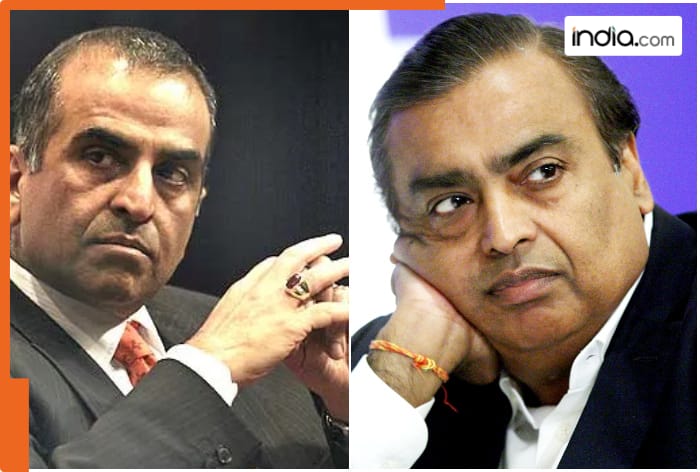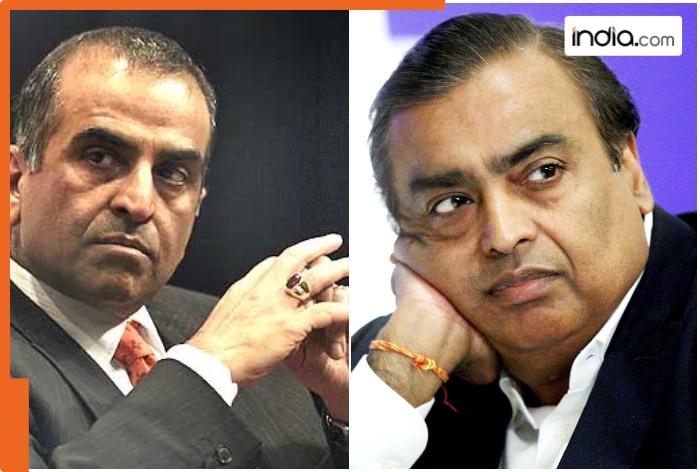Centre is planning to relax security regulations for satellite communication (satcom) licences. This move could pave the way for Elon Musk’s Starlink and Jeff Bezos’s Amazon Kuiper in India.

The Central Government is planning to relax security regulations for satellite communication (satcom) licences to align with international standards, The Economic Times reported. This move, if implemented, could pave the way for international satcom companies such as Elon Musk’s Starlink and Jeff Bezos’s Amazon Kuiper, which are eager to offer satellite-based telecom services in India.
Notably, companies seeking satcom licences under the Global Mobile Personal Communication by Satellite (GMPCS) framework must currently comply with 30-40 conditions. However, the Department of Telecommunications and law enforcement agencies have discussed easing some rules while emphasizing that national security remains the top priority. At present, it is unclear which specific rules might be relaxed for Satcom companies.
Starlink And Amazon Kuiper Applied For Gmpcs Licences
Starlink and Amazon Kuiper are on their way to securing GMPCS licenses, but they haven’t cleared all the necessary security checks yet. Starlink is urging the Indian authorities to align the nation’s satellite communication rules with global standards. The Telecom Minister Jyotiraditya Scindia recently pointed out that Starlink has to strictly comply with the current rules before it gets approval for a license.
Demand Of Auctioning Of Satellite Spectrum
In conversations between global satellite communication service providers and leading Indian telecommunication players like Reliance Jio, Bharti Airtel, and Vodafone Idea, there has emerged a significant development. These telecommunication giants are pushing for the auction of satellite spectrum, mimicking the typical process used for allocating traditional telecom spectrum. Contrarily, the government plans to administer its distribution, a process that involves charging a fee.
Starlink
With over 6,000 satellites already in the low Earth orbit, Starlink is doing wonders by offering free internet access to remote areas. On the other hand, Amazon’s Kuiper is setting ambitious targets too. They are planning to launch more than 3,000 satellites by 2025 and the services should kick off shortly afterwards.

